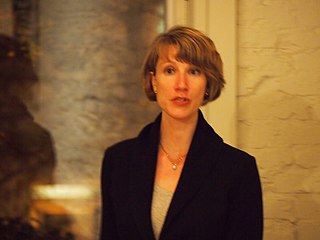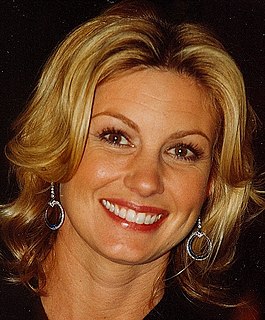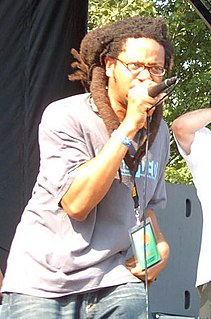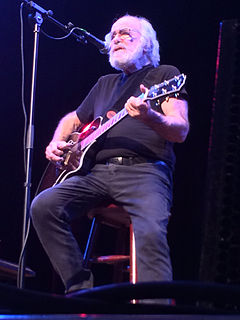A Quote by Emily Mitchell
A day without laughter is like living in darkness; you try to find your way around, but you can't see clearly.
Related Quotes
One day I was living silently in a personal hell, without anyone to tell what I felt, without even knowing that the feelings I had were possible to have; and then one day I was not living like that at all. I had begun to see the past like this: there is a line; you can draw it yourself, or sometimes it gets drawn for you; either way, there it is, your past, a collection of people you used to be and things you used to do. Your past is the person you no longer are, the situations you are no longer in.
It's difficult not to color our perception of author's product with his personality. There are so many examples of this. What do we think of Ezra Pound - clearly a great poet and clearly kind of an asshole? You can say the same thing about Louis-Ferdinand Céline, who clearly was a Nazi sympathizer, and yet one of the great writers of the 20th century. It is tough, but there are enough examples around where we have to somehow find a way of separating the work from the artist and seeing what there is to see in the work, while also condemning the thoughts we see in the man.
Nothing's been changed overnight. It's like watching your cat grow: you see it every day, so you don't really see it change, you wake up one day and it's a bloody great thing. Your friends come round who you haven't seen for a couple months and they're like, "Oh my god, your cat's grown so much again." And I'm like, "Has it?" But when you're living it... I just find that my life has subtly changed bit by bit, so I don't ever really notice it too much.
The lessons you are meant to learn are in your work. To see them, you need only look at the work clearly - without judgment, without need or fear, without wishes or hopes. Without emotional expectations. Ask your work what it needs, not what you need. Then set aside your fears and listen, the way a good parent listens to a child
The overall "look, this is the one way to live" approach to this individual who is clearly living a happy life, who is clearly completely satisfied with and fulfilled by the tasks that he was able to complete every day, like eating, healing his own wounds, doctoring himself and whatever. And then this voice says, "Look, your life is inadequate. This is the way you need to live." Giving that depiction of the subversive methods by which our way of life creeps into our own psyche and eliminates alternatives. That's what happens.
I think that the way that I write stories is by instinct. You have some basic ideas - a character, or an image, or a situation that sounds compelling - and then you just feel your way around until you find the edges of your story. It's like going into a dark room... you stumble around until you find the walls and then inch your way to the light switch.
If you can sit quietly after difficult news; if in financial downturns you remain perfectly calm; if you can see your neighbors travel to fantastic places without a twinge of jealousy; if you can happily eat whatever is put on your plate; you can fall asleep after a day of running around without a drink or a pill; if you can always find contentment just where you are: you are probably a dog.
In a way all writers are writing against death, because writing is an attempt to defy the passage of time, to refuse to let the past disappear and be forgotten, and to refuse to let the present become the past - to try to keep living another day, to try to talk your way into life, or seduce your way into it.
There is a form of laughter that springs from the heart, heard every day in the merry voice of childhood, the expression of a laughter - loving spirit that defies analysis by the philosopher, which has nothing rigid or mechanical in it, and totally without social significance. Bubbling spontaneously from the heart of child or man. Without egotism and full of feeling, laughter is the music of life.
Go another step. Try to live one entire day without words at all. Do it not as a law, but as an experiment. Note your feelings of helplessness and excessive dependence upon words to communicate. Try to find new ways to relate to tohers that are not dependent upon words. Enjoy, savor the day. Learn from it.






































